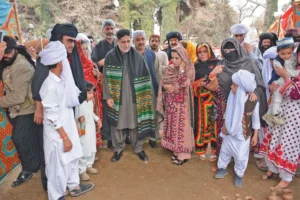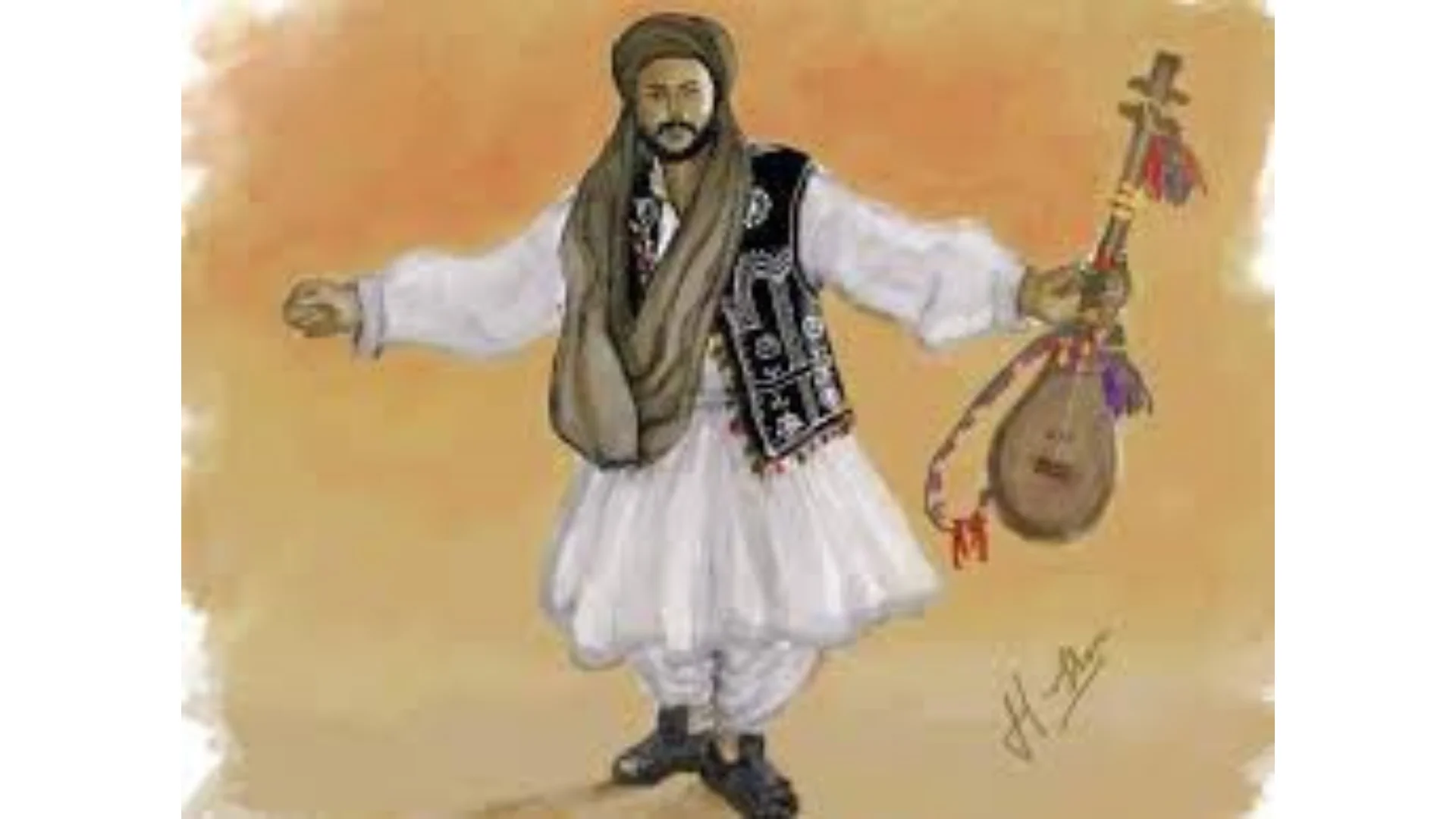Honoring Heritage Celebrating Baloch Culture Day
Baloch Culture Day celebrated with unwavering enthusiasm across Balochistan, is not merely a contemporary event but a tribute to centuries-old traditions that have shaped the region’s rich cultural tapestry.

Despite the formidable challenges posed by severe weather, communities in Quetta and beyond come together annually to celebrate their heritage with pride and resilience.
A few days back Khran Youth Festival 2024 was inaugurated. it was also a colorful and enjoyable day.
Embracing Tradition Amidst Adversity
Rooted in a history of resilience and cultural pride, Baloch Culture Day transcends the barriers of weather, as individuals from all walks of life brave snowfall, rain, and sub-zero temperatures to participate in the festivities.
Embracing traditional attire, including Balochi waistcoats, shalwar suits, and the iconic Balochi Dastar, attendees embody the spirit of their ancestors, who have preserved these customs for generations.
A Historical Legacy
Baloch Culture Day traces its origins to a movement initiated by Baloch intellectuals and activists in the late 20th century. Motivated by a desire to preserve and promote Baloch culture in the face of modernization and external influences.
The day serves as a rallying cry for cultural preservation and identity assertion. Over the years, it has evolved into a symbol of unity and solidarity among Baloch communities worldwide.
International Recognition and Solidarity
The global significance of Baloch Culture Day is underscored by the participation of international dignitaries, such as the German Consul General posted in Karachi, who have embraced the occasion as a testament to the universal value of cultural diversity and heritage preservation.
Such gestures of solidarity highlight the interconnectedness of cultures and the importance of fostering mutual respect and understanding.
Exhibitions Showcasing Cultural Heritage
Central to the celebration of Baloch Culture Day are exhibitions that showcase the diverse facets of Balochistan’s cultural heritage.
From traditional art forms and musical performances to culinary delights and handicrafts, these exhibitions offer a comprehensive glimpse into the vibrant tapestry of Baloch culture, fostering a deeper appreciation for its richness and diversity.
Conclusion:
As Balochistan commemorates its cultural heritage amidst the challenges posed by nature’s elements, Baloch Culture Day serves as a poignant reminder of the resilience, pride, and enduring legacy of its people.
Grounded in a historical legacy of cultural preservation and identity assertion, the day stands as a testament to the timeless relevance of tradition in shaping the collective consciousness of communities and fostering unity in diversity.


